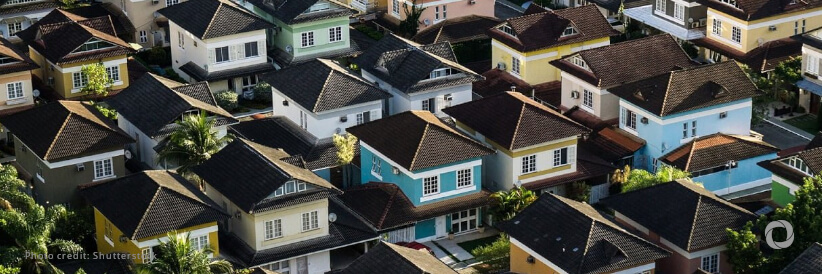The resumed second session of the United Nations Habitat Assembly opened in Nairobi with renewed urgency and ambition to address the world’s most pressing urban challenges.
A strategic step forward
The Assembly is poised to adopt a new Strategic Plan for 2026–2029, building on the priorities identified in the current plan and aligning with the call by 193 countries to accelerate action on adequate housing, slum transformation, and climate-resilient urban development. The proposed plan emphasizes access to adequate housing, land, and urban basic services, particularly in informal settlements and crisis-affected areas.
Housing in the spotlight
Housing took centre stage during a High-Level Dialogue on Housing, which gathered leaders from national and local governments, financial institutions, and civil society to call for stronger international cooperation and investments in social and affordable housing. The Dialogue reaffirmed housing as a human right and a foundation for social inclusion, dignity, and urban resilience.
In this context, UN-Habitat announced two landmark partnerships through letters of intent with the City of Paris, Nairobi City County, and the Government of France. Together, they launched the Social Housing Hub, co-hosted in Paris and Nairobi, to foster city-to-city collaboration on innovative and community-driven housing solutions. The hub will serve as a global platform to advance inclusive housing systems, drawing on local experiences to catalyse global impact.
Climate milestones on the road to COP30
The Assembly also spotlighted urban climate action with the announcement of 2025 milestones guiding UN-Habitat’s contribution to the global climate agenda. These include a continued urban roadmap to COP30 through the Baku Continuity Coalition; a renewed Greener Cities Partnership with UNEP, focused on climate-resilient neighbourhoods, infrastructure, and inclusive urban design; and preparations for the fourth Ministerial Meeting on Urbanization and Climate Change at COP30, to be co-hosted with Brazil’s Ministry of Cities.
The Executive Director of UN-Habitat, Anacláudia Rossbach, highlighted that these efforts align with the Brazilian Presidency’s call for mutirão – collective action rooted in indigenous wisdom – to scale up climate solutions in cities.
The New Urban Agenda as compass
Throughout the plenary and side events, Member States reiterated the New Urban Agenda as a guiding framework to localize the Sustainable Development Goals (SDGs), particularly Goal 11. In a dedicated session titled “Quito+10: Towards the High-Level Meeting of the UN General Assembly on the New Urban Agenda”, participants reflected on national experiences, challenges, and lessons learned in implementing and monitoring the Agenda. Member States underscored the need for greater ambition and multilevel collaboration to advance sustainable urban development.
Urban responses to displacement
At the end of Day 1 of the Assembly, the High-level Panel on Refugees and Urban Displacement, jointly convened by UN-Habitat, UNHCR, and the World Bank, launched a new joint initiative to improve sustainable responses for refugees, internally displaced persons, and host communities. The session marked the start of a roadmap that will continue with a technical deep dive in September 2025.
The resumed second session of the United Nations Habitat Assembly continues through 30 May 2025. A final decision on UN-Habitat’s Strategic Plan 2026–2029 is expected at the close of the session.

